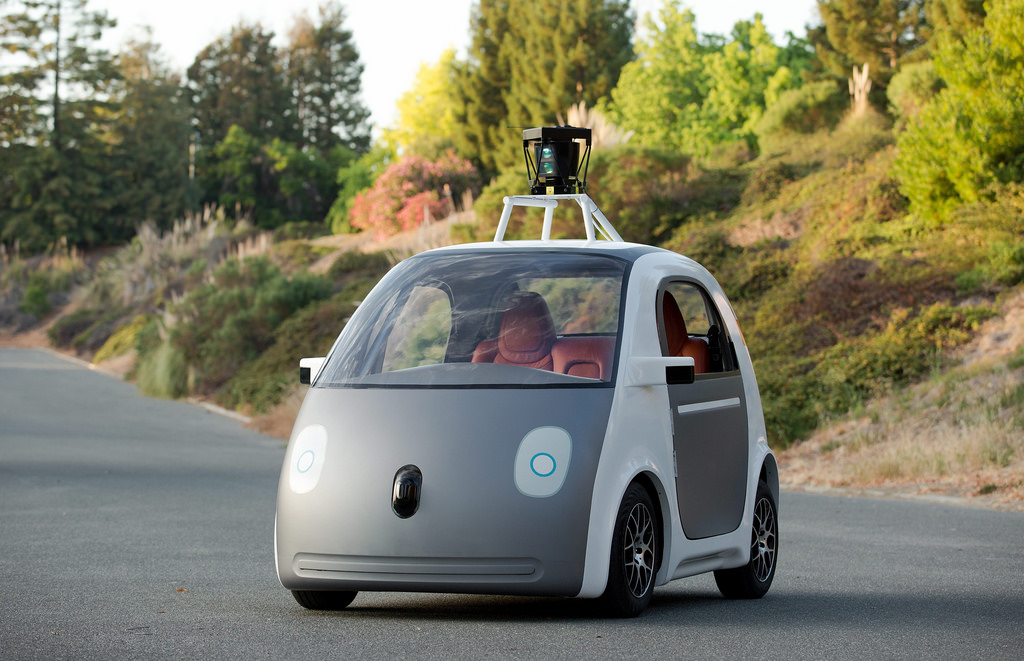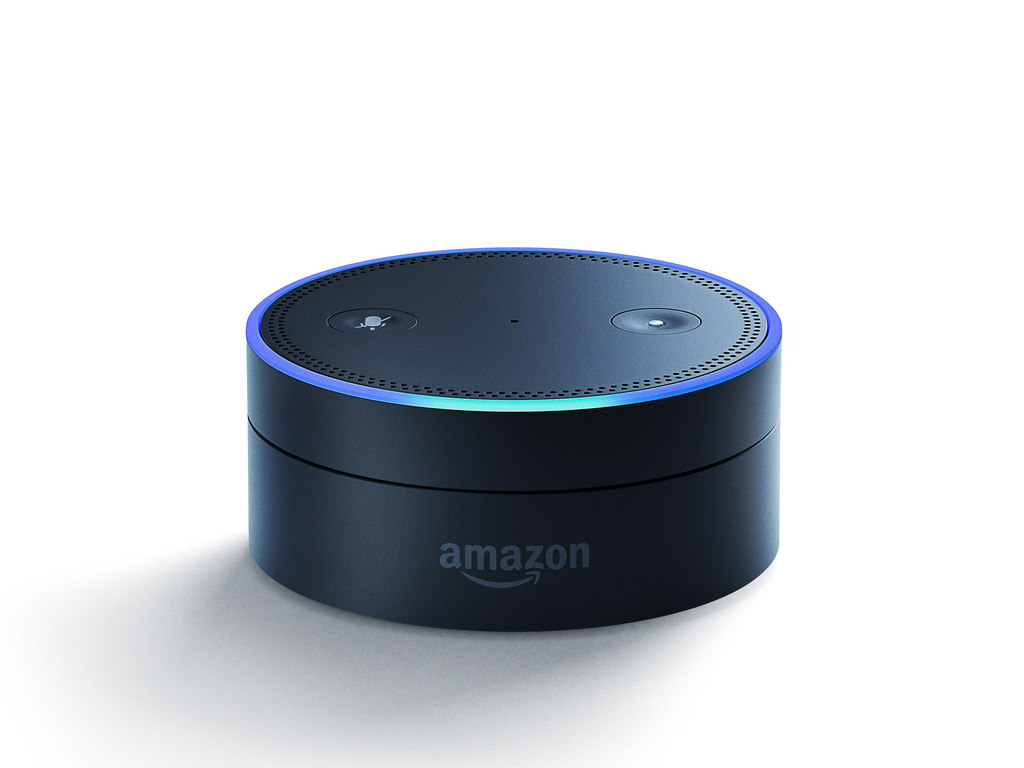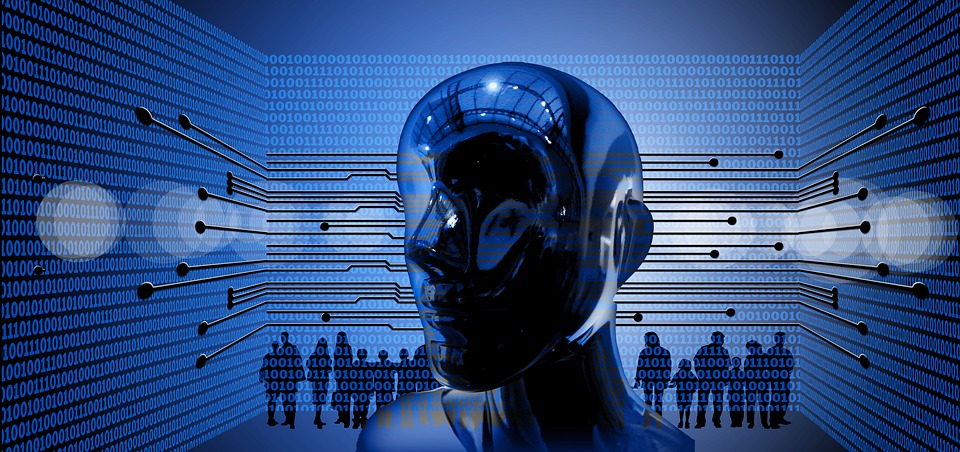When people think of artificial intelligence, their minds may shift to sci-fi movies like “Terminator” or “2001: A Space Odyssey.”
Although these movies feature some really cool robots, modern artificial intelligence is nothing like it.
Artificial intelligence today is used to accelerate new technologies such as self driving cars, digital personal assistants and even to allow computers to recognize us!
As of now, artificial intelligence is nowhere close to human intelligence, so don’t worry about your smartphone becoming self-aware. AI is the cultivation of complex algorithms and mathematical models.
The most important of these is Frank Rosenblatt’s concept of weight in relation to the perception algorithm, which basically means to give priority to inputs given to the decision-making process.
 All of this feeds into neural networks, which simulate how we believe the human brain works. Virtual neurons are connected and able to send messages to each other. When asked to solve a task, a computer attempts it multiple times, with the connections leading to the most success strengthening while the ones that do not grow weaker.
All of this feeds into neural networks, which simulate how we believe the human brain works. Virtual neurons are connected and able to send messages to each other. When asked to solve a task, a computer attempts it multiple times, with the connections leading to the most success strengthening while the ones that do not grow weaker.
How does any of this apply to a self-driving car or a more accurate personal assistant?
Well, cars such as the Tesla have been using this technology to roll out autonomous cars in the real world. These vehicles need to be able to distinguish vehicles, humans, traffic lights and pretty much everything else in its environment.
Without artificial intelligence and machine learning, this would be impossible for a computer.
According to Tesla’s own website at www.tesla.com/autopilot, the law varies in terms of where you can use the self-driving function. In some states for example, you are only allowed to use the feature on the highway.
These vehicles are capable of full automation in many scenarios, including parking into a tight spot. Personally, I would feel much more comfortable having a computer park my car precisely rather than myself.
Maybe not as dangerous as an autonomous vehicle, are digital personal assistants.
That’s right, although Siri and Alexa are good at telling cheesy jokes, they can also learn from you.
One of the biggest applications of machine learning and AI to these platforms is making them more natural to talk to.
The more you talk to these devices, the more they learn about your speech patterns and specific dialect.
Using artificial intelligence, these machines get better just by using them!
 Although artificial intelligence has many applications to the modern world, many still hold concerns regarding ethics.
Although artificial intelligence has many applications to the modern world, many still hold concerns regarding ethics.
Autonomous cars are one of the biggest areas of debate, as driving can lead to dangerous situations where a decision can lead to life or death in an instant.
These devices must be put through rigorous testing in multiple scenarios to ensure they are safe for the road, but who determines when that testing is enough? What choice does the software have in a certain death scenario?
Data collection by digital personal assistants is also a big concern with consumers. What data should be considered okay for companies to collect about consumers? How much data is too much?
Although this has certainly been asked by the developers of these systems, it is still a big argument in the controversy towards autonomous vehicles.
Artificial intelligence will continue to develop and reach new industries in the near future. Although there are many ethical questions the developers of AI need to take into consideration, the current rate of which AI is developing paints a positive future in the industry.
Sean Kahle
Reporter


